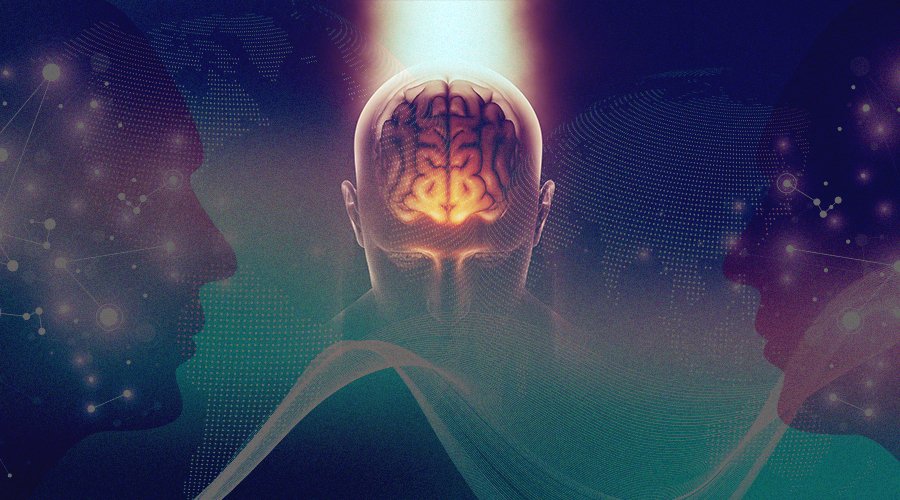
We explore how leveraging Machine Learning helps improve Mental Health in the digital worldMachine learning (ML) is a type of artificial intelligence. ML algorithms are utilized in a wide range of applications including medicine, traffic prediction, and object recommendations, and image recognition and speech recognition where creating traditional algorithms to do the required tasks is difficult. It makes such tasks easier to conduct.Nowadays Artificial intelligence (AI) and machine learning (ML) technologies are being used to increase our understanding of mental health issues and to aid mental health clinicians in making better therapeutic decisions as data about an individual’s mental health status becomes more readily available.What is Machine Learning and how does it work?We are using machine learning in our daily life even without knowing it such as Google Maps, Google Assistant, Alexa, etc. Machine Learning (ML) is a type of Artificial Intelligence, which is the study of computer algorithms that can automatically learn with the use of huge data and experience. These ML algorithms then create a model based on training data (input data) to make predictions or judgments without having to be specifically programmed to do so. It can become fairly adept at executing tasks on its own and reduce the cumbersomeness of such tasks where developing an algorithm manually to do a specific task is needed. It can also assist in the identification of relevant patterns that people would not have been able to uncover as quickly alone without the assistance of the machine.How is ML intervening in the Mental Health field and benefitting it?Machine learning is being used by neuroscientists and doctors all over the world to build treatment and therapeutic strategies and to identify some of the important markers for mental health issues before they arise. One of the advantages is that machine learning can assist clinicians in predicting who is at risk for a specific condition.Assembling data for mental health specialists can be now done easily so that they can do their jobs better since there is a massive amount of data available. The fact that interpreting diagnoses was previously reliant on group averages and population statistics is what makes machine learning so useful now. Clinicians can customize their care thanks to machine learning.Machine learning is assisting in the transformation of mental health in two major ways:
Developing Treatment Plans / Identifying Biomarkers
Crisis PredictionDeveloping Treatment Plans and Identifying BiomarkersWhen people are diagnosed with a mental disorder today, they must go through a process of trial and error to find the correct pharmaceutical dosage and treatment plan. This process of trial and error should not be happening, but the truth is that each patient’s symptoms for a mental health illness like depression will be different. The symptoms of one patient may differ from those of another.A biomarker is anything like blood cholesterol, which is a biomarker for coronary heart disease. Thus similar to a physical biomarker present in the human body, it contains behavioral bio-markers for mental illnesses too like feelings of hopelessness and despair depression. ML algorithms could aid mental health providers in determining whether patients are at high risk of acquiring a specific mental health illness by identifying crucial behavioral bio-markers. Additionally, the algorithms may aid in the monitoring of a treatment plan’s effectiveness.It all boils down to each patient’s biology, triggers, and responses to stress and illnesses like depression. Many of the symptoms of mental health problems overlap, and while some of the important markers for mental health disorders are well-known, a treatment plan based on trial and error is not an option. Psychiatrists and mental health professionals can use machine learning algorithms to discover sub-types of various disorders and build better-tailored treatment strategies and medication dosages.Crisis PredictionIt’s critical to note that persons with particular disorders, such as panic disorder, psychosis, manic states, and so on, are more susceptible to crises. Patients who have been diagnosed with chronic mental illnesses have their disorders checked in order to help them get through their daily lives. However, certain illnesses, like Schizophrenia and Bipolar Disorder, have a higher probability of experiencing a crisis. Mental health experts are in charge of reducing the likelihood of patients experiencing a crisis through the use of ML algorithms. To detect whether a patient is about to have an episode, machine learning algorithms can use a combination of self-provided data and passive data through their smartphones or social media. There are several clear indicators that a new episode is on the way. These crises can be predicted if a pattern of stress, isolation, or exposure to triggers can be identified. Every one of us has our own set of triggers and coping methods, and treatment plans that examine a patient’s tendencies and intervene before an episode occurs can be extremely beneficial.Due to the stigma surrounding mental health care, there is just insufficient access to mental health resources. In addition to the already difficult access to mental health services, marginalized and minority communities face even greater barriers. This is due to a combination of financial constraints and a lack of education on the necessity of mental health care, as well as the topic’s underlying stigma.Data Science / Machine Learning is a fantastic tool for existing physicians, psychiatrists, and therapists to use in order to better assist their patients. It’s fantastic that individuals are working to develop technology solutions to combat the disease. But it isn’t quite enough. We should feel at ease discussing mental health in the same way that we would discuss physical health. Now, more than ever, we must make progress in normalizing this conversation.Share This Article
Do the sharing thingy
Source: https://www.analyticsinsight.net/can-machine-learning-be-used-to-improve-mental-health/